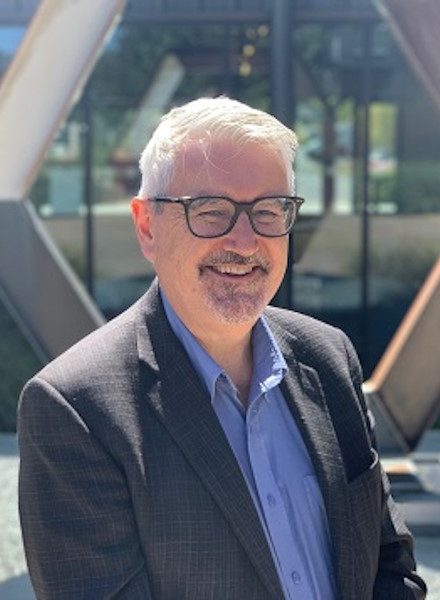Faculty of Business, Justice and Behavioural Sciences
Going on strong for fours years now, the FOBJBS HDR and Honours conference offers a platform for HDR and Honours students and academics to explore the cutting-edge research topics, engage with innovative ideas, and shape their research for solving Australia’s regional challenges with global impact.
Welcome to the FoBJBS HDR and Honours Conference!
It is my great pleasure to welcome you to the FoBJBS HDR and Honours Conference. This conference brings together our HDR and Honours students, their supervisors, and academics to celebrate our students' research achievements and discuss impactful, cutting-edge innovations in their disciplines. The conference provides a valuable platform for students to share ideas, gain feedback and build connections that will shape their academic and professional careers. The meet-and-greet sessions of the conference provide an excellent opportunity for students and academics to engage in useful research and collaborative ideas.
I wish you all a rewarding and inspiring conference that showcases the great research our HDR Students are doing across all of our disciplines.

Recognising the achievements and developing research capabilities of HDR students!
Embrace the Evolution of Work and Research in the Age of Automation and Artificial Intelligence.
The New HDR Environment, Industry and Commercialisation.